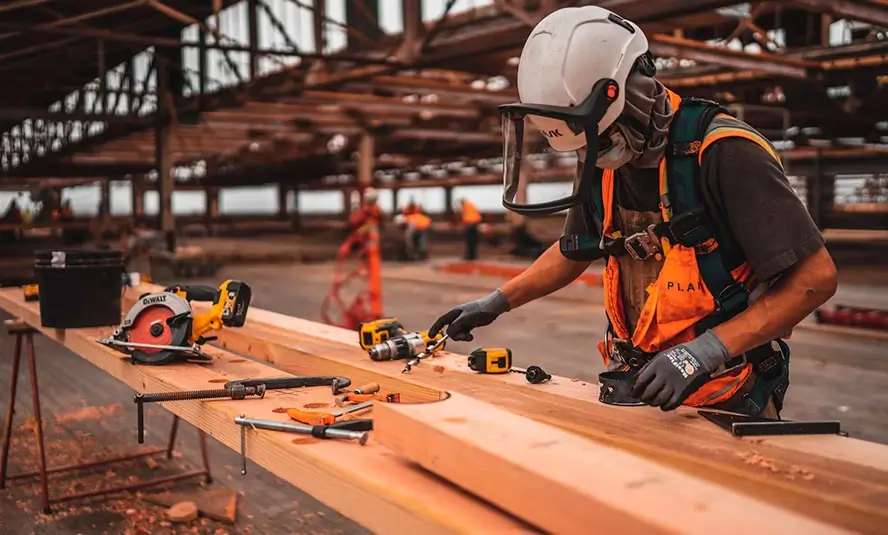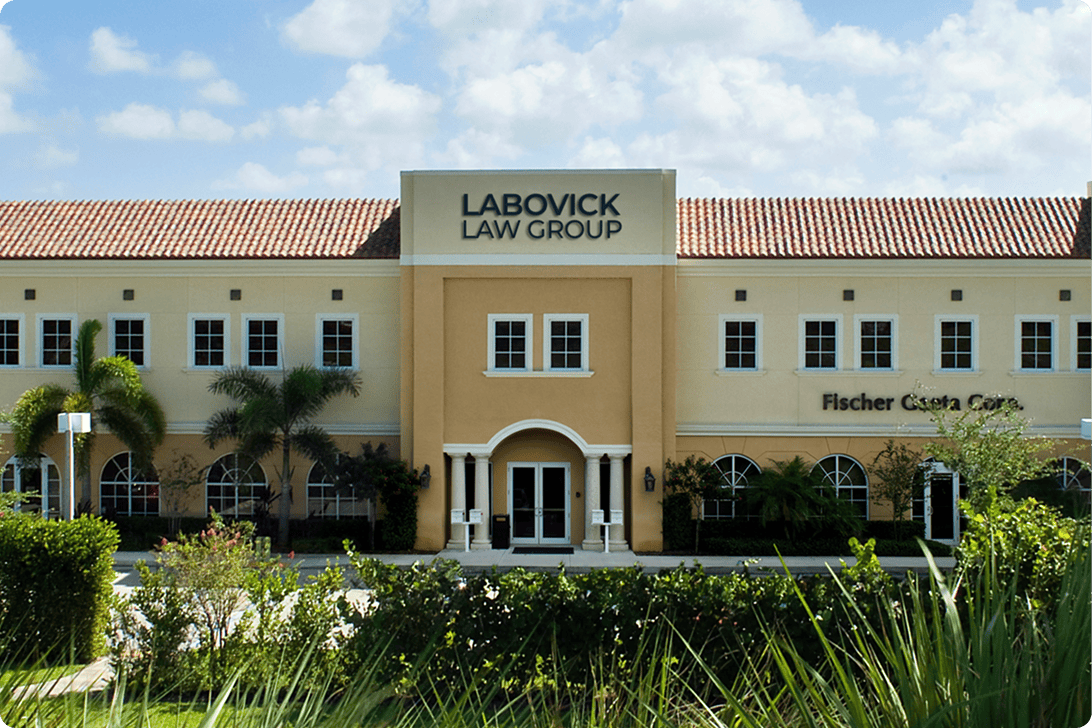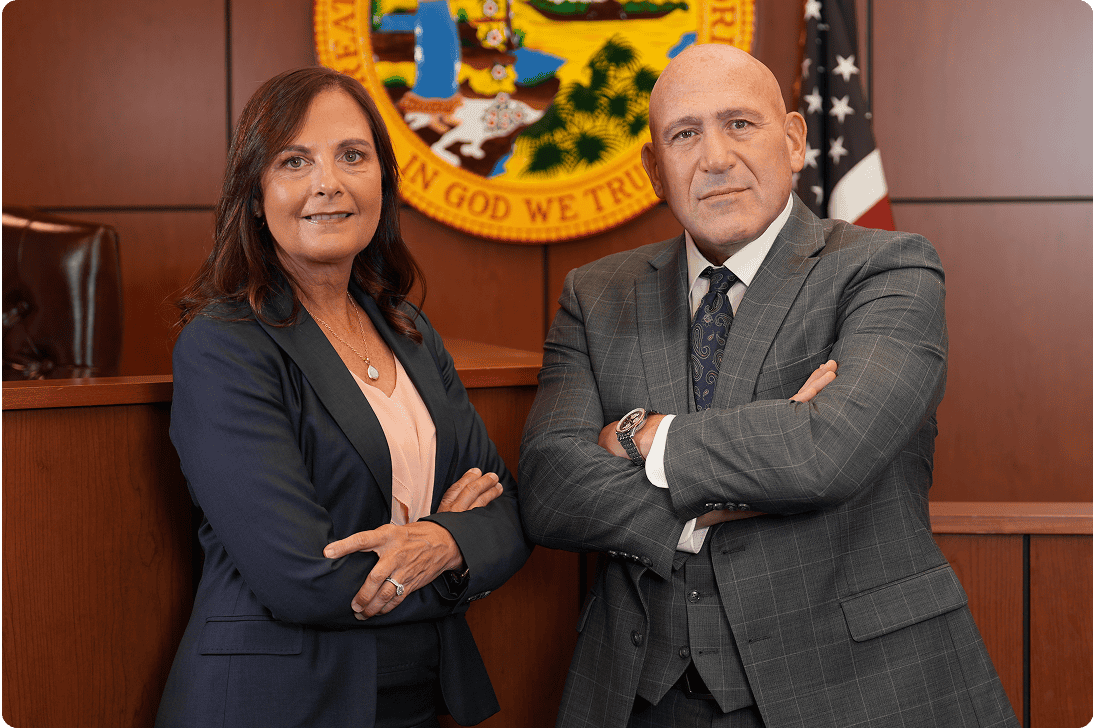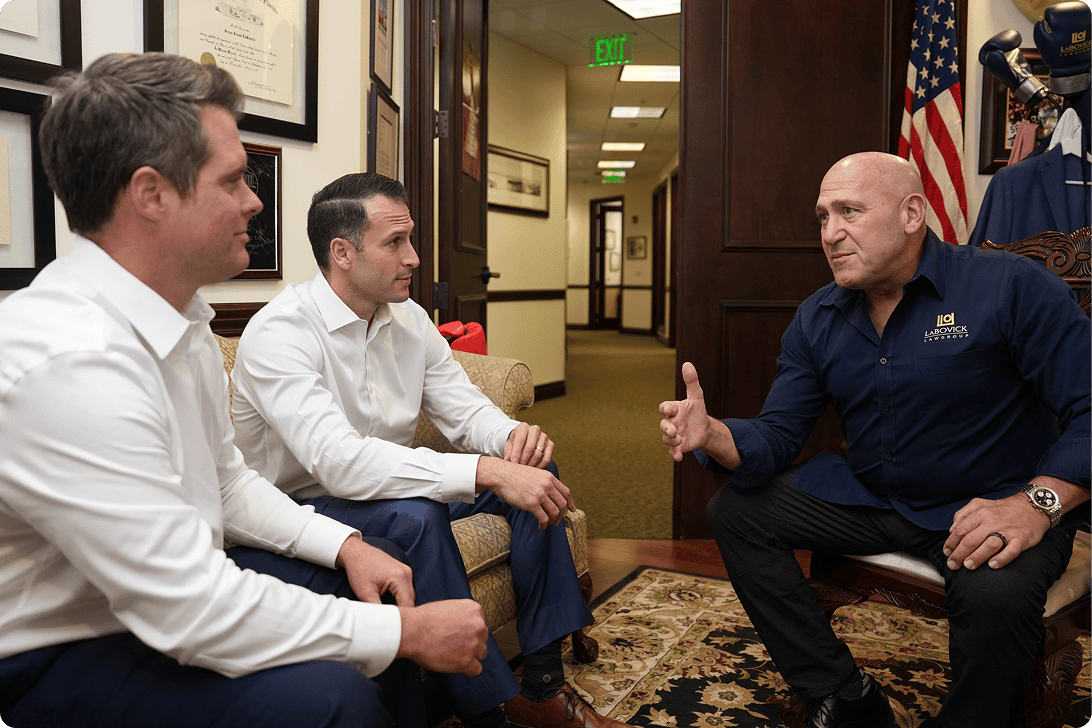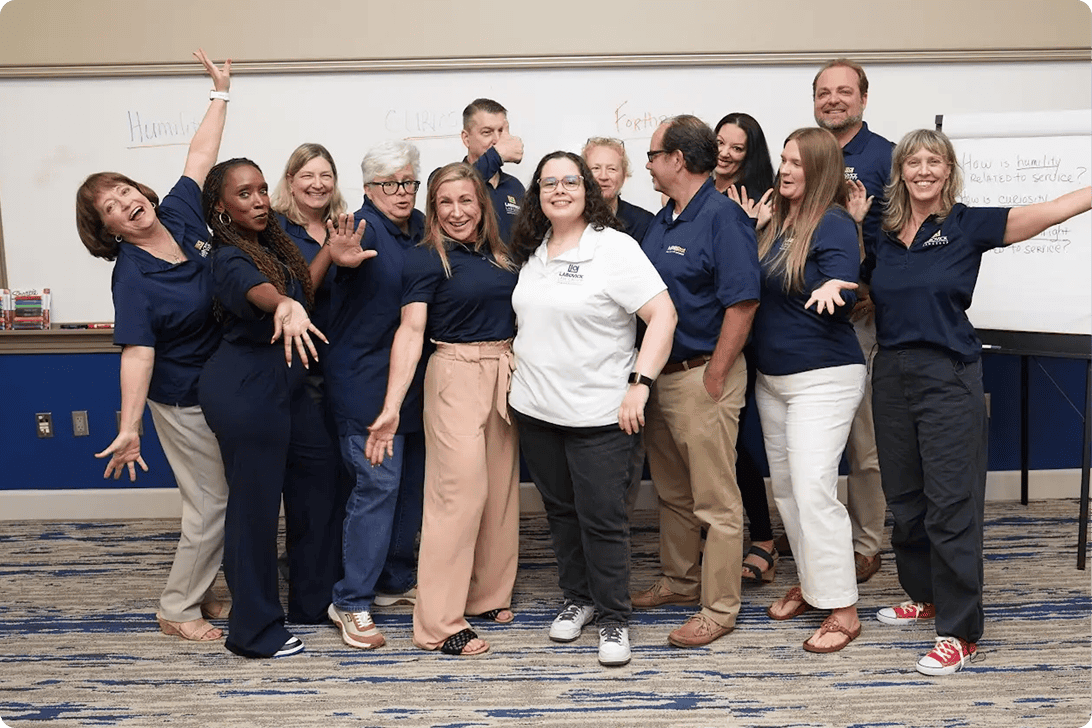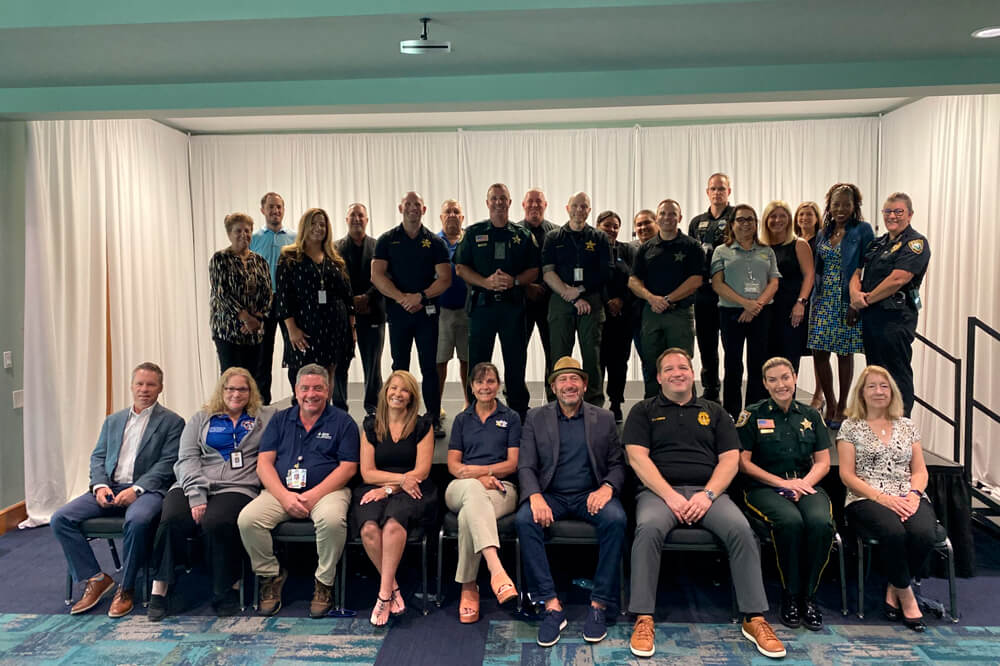Overview of Construction Accidents
The construction industry, as dynamic and economically significant as it is, remains one of the riskiest fields to work in. Understanding the intricacies of construction accidents is essential, particularly if you’re in Tampa, Florida, where construction is thriving.
Definition and Types of Construction Accidents
Construction accidents refer to any injuries or fatalities that occur on a construction site. These mishaps can befall anyone present in the area — from construction workers and site managers to pedestrians passing by the site. Recognizing the different types of construction accidents can provide insight into the potential dangers in the field.
- Falls: This is the leading type of accident in construction, typically occurring from roofs, ladders, scaffolding, or openings in floors or walls.
- Struck-by Objects: These incidents occur when a worker is hit by equipment, vehicles, or falling objects.
- Electrocutions: Workers often come into contact with power lines and electrical systems, leading to potentially fatal accidents.
- Caught-in/between: Workers can be injured or killed when caught-in or compressed by equipment or objects, or struck, caught, or crushed in collapsing structure or equipment.
- Explosions and Fires: Gas leaks, incomplete evaporations of chemicals, and faulty electrical connections can lead to severe explosions and fires on construction sites.
- Trench or Building Collapses: Poorly constructed support systems can lead to structures or trenches collapsing, burying workers under tons of debris.
Common Causes of Construction Accidents in Tampa
Identifying the common causes of construction accidents is key to prevention and determining liability. A proficient Tampa construction accident lawyer can help identify these causes and hold the responsible parties accountable. Some prevalent causes include:
- Inadequate Training: Construction workers need proper training to handle the machinery and tools they use daily. Inadequate training can lead to severe accidents.
- Lack of Safety Measures: Absence of safety gear, misuse of equipment, and failure to adhere to safety protocols contribute to a significant number of accidents.
- Poor Site Management: This includes not conducting regular safety checks, not maintaining equipment, and not having a clear communication system.
- Substance Abuse: Construction workers under the influence of drugs or alcohol pose a risk to themselves and others around them.
- Negligent Third Parties: This includes equipment manufacturers providing faulty gear or machines, or other third-party negligence.
Legal Framework for Construction Accident Cases
Accidents that occur on construction sites often have intricate legal implications. To navigate through this complexity and secure the right compensation, understanding the legal landscape is crucial. Here’s where the expertise of a Tampa construction accident lawyer comes in handy.
Workers’ Compensation Laws in Tampa
Workers’ compensation is a system of laws meant to protect employees who get injured or fall ill due to work-related causes. In Florida, including Tampa, the Workers’ Compensation Law mandates that construction businesses carrying one or more employees must provide workers’ compensation insurance.
If you suffer an injury on a construction site in Tampa, you are entitled to workers’ compensation benefits. These benefits cover:
- Medical expenses related to the accident
- Two-thirds of your lost wages
- Compensation for permanent disability
However, getting the compensation you deserve isn’t always a straightforward process. Insurance companies may downplay the severity of injuries or deny claims altogether. That’s when hiring an attorney can help. They have the knowledge and experience to navigate the workers’ compensation claim process and secure the full benefits you’re entitled to.
Relevant Federal and State Regulations for Construction Site Safety
At the federal level, the Occupational Safety and Health Administration (OSHA) oversees workplace safety, including construction sites. They set safety standards and conduct inspections to ensure compliance.
In Florida, the state also has stringent safety regulations. The Florida Department of Labor and Employment Security’s Division of Safety promotes safe working conditions and practices. It conducts inspections, provides safety consultation, and enforces state-specific safety regulations.
Some essential OSHA and state safety standards include:
- Scaffolding Safety: OSHA has explicit standards for scaffold construction and use to protect workers from falls and struck-by accidents.
- Electrical Safety: The guidelines cover the installation and use of electrical equipment and safety procedures to follow when working near electricity.
- Trenching and Excavation Safety: Regulations mandate protective systems for trenches and detail safe procedures for digging and filling trenches.
- Hazard Communication: Employers must inform workers about hazardous substances in the workplace and train them in handling these substances safely.
